The Bloomsbury Research Handbook of Indian Philosophy of Language
The Bloomsbury Research Handbook of Indian Philosophy of Language presents a systematic survey of philosophy of language in the Indian tradition, providing an up-to-date research resource for better understanding the history and future direction of the field. Each chapter addresses a particular philosophical problem from the viewpoint of seminal traditions and specific thinkers. Covering the philosophical insight on language found in the mainstream philosophies of Vyakarana, Mima?sa, Nyaya, Vedanta, Buddhism, and Alankarasastra, the chapters tackle crucial semantic and pragmatic questions such as the relation of the speaker to reality, the use of metalanguage, the distinction between sentences, elliptic statements, and figurative usages, and the impact of textual structures on the philosophical message.Complete with further reading suggestions and an annotated bibliography, this collection makes an important contribution to both Eastern and Western contemporary philosophy of language.
{{comment.content}}
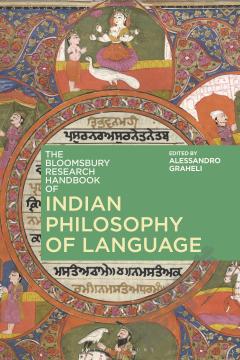
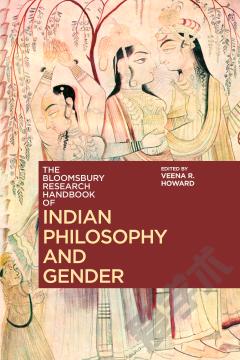
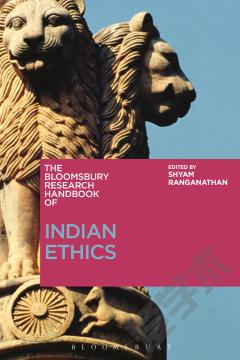
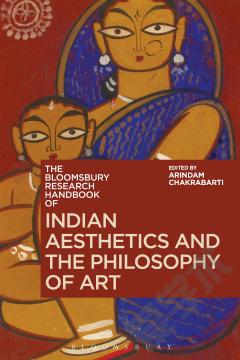
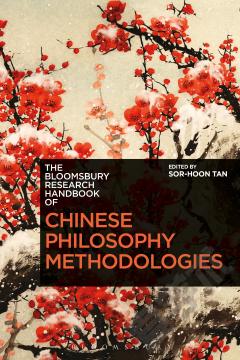
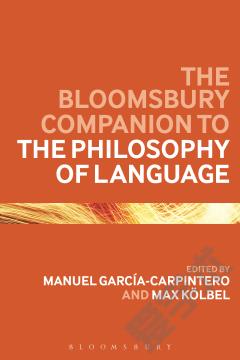
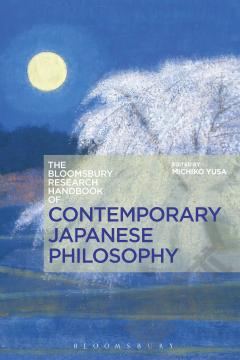

 京公网安备 11010802027623号
京公网安备 11010802027623号